How DSPS is catching up with Wisconsin's licensing backlog
After launching an online self-service system and seeking public feedback, the Wisconsin Department of Safety and Professional Services is tackling delays in approving credential license applications.
By Zac Schultz | Here & Now
June 1, 2023
After launching an online self-service system and seeking public feedback, the Wisconsin Department of Safety and Professional Services is tackling delays in approving credential license applications.
Dan Hereth would like his state agency to be a little less visible, and he thinks the way to do that is to show up more often.
“We’ve been doing roundtables all over the state. I think we’ve done nearly a dozen of them,” said Hereth, who is the secretary-designee of the Wisconsin Department of Safety and Professional Services.
For the first ten years of its existence, the only people who thought about DSPS were the workers that needed to send in their credentials to become professionally licensed in Wisconsin — everyone from accountants to welders, with barbers, doctors and nurses in between.
“If you didn’t have to engage with this DSPS, you didn’t know who they were. Well, that’s how we like it,” said Hereth.
But in 2020, the COVID-19 pandemic exposed the faults in the old licensing process. and sent chaos into places like the healthcare industry, where nearly half of all workers need some sort of professional license.
“We were experiencing delays about a year ago that were at least taking six months to 12 months before they were getting their Wisconsin license,” said Jennifer Waters-Plemon, who works for Marshfield Clinic in Beaver Dam.
Waters-Plemon is the assistant manager of recruitment for advanced practice clinicians, so she felt it when trying to get new hires licensed during the pandemic.
“With covid, we had more people coming in here that we needed to have licensed yesterday. So I think that definitely impacted why it took a longer process for a Wisconsin license,” she explained.
With state employees trying to work remotely, an influx of new license requests, and an outdated system that relied on fax machines and paper copies, it’s no surprise there was a surge in stories about the delays.
“Frustration at its boiling point,” reported WISN-TV in Milwaukee
“I called the DSPS at least once a week. I would be on hold for an hour or longer, and sometimes it would just disconnect me because they were so overloaded,” a nursing student told WEAU-TV in Eau Claire.
“For Thomas, she finally got her license in November, since months after applying,” reported WDJT-TV in Milwaukee.
“It was killing some of these radiology departments, said Randy Griswold, who serves on a committee for the Wisconsin Society of Radiologic Technologists.
Griswold said most new radiologic technicians graduate in May, and used to be able to get their state license shortly after passing a national exam.
“Instead of turning it around in 15 to 25 days, some of these graduates were waiting upwards of 90 to 120 days upon graduation,” he said.
The issue became political, with Republicans blaming Gov. Tony Evers for not sending state employees back to the office, and Democrats blaming Republicans for understaffing the agency.
“The governor needs to fix that agency. It’s just unacceptable the amount of time people are waiting for licenses,” said Senate Majority Leader Devin LeMahieu, R-Oostburg, in a Dec. 13, 2022 interview.
“It’s about results. It’s our job to make sure it works better and we’re working on that. Unfortunately we have been hamstrung by legislation in the past that didn’t allow us to hire more people,” Evers said at a Dec. 20, 2022 budget listening session in Green Bay.
“I’m speaking for radiology, but I think I can speak for anybody else,” said Griswold, who attended that listening session, where the governor and his staff were on hand to take notes.
“The licensing process here in Wisconsin has simply confounded us and complicated the issue. So if you can get that message to the Legislature, I noticed that the governor is sitting there listening,” Griswold said.
By that point, Evers had already changed leadership at DSPS, appointing Dan Hereth to speed up the process.
“Technology has been a big part of our story and a big part of our success,” said Hereth.
DSPS introduced a new web platform at license.wi.gov, and Hereth said roundtables like the one held at the Beaver Dam Marshfield Clinic have led to changes in the system.
“There have been really interesting instances where within a matter of weeks we’ve been able to take ideas and either augment existing solutions or create new solutions, said Hereth.
Waters-Plemon said the new system allows employers and applicants to monitor the licensing process, whereas in the old system a lot of delays were caused by missing paperwork.
“Providers would tell us that they have submitted everything, and we couldn’t check to verify if they have or have not submitted that,’ she said. “So now having that transparency where we’re able to see that was something that was really important to us to verify that they should be receiving their license more timely.”
“Frankly, it’s gotten better,” said Griswold, who has heard of improvements in his industry as well.
“The turnaround time, which used to be running into 90 days, is now back to just under 30 days now. So things have gotten better,” he said.
As of the start of June 2023, Republicans on the Wisconsin Legislature’s Joint Finance Committee had yet to release their budget plans for a number of important state funding priorities, including DSPS.
The agency is self-funded, with all of its revenue coming from the fees paid for services. However, in the past Republicans have siphoned off some of those dollars into the state’s historic surplus, while Evers has requested the agency be allowed to keep all of their fee revenue and use it to hire additional workers to speed up the process. It adds up to an extra $12 million to hire 80 employees, nearly half of which would work for the call center to process credentials. Meanwhile, Republicans have ordered an audit of the agency.
But new technology and budget battles are not the end of the story for DSPS. Changes in the workforce — from baby boomers retiring to an increase in the number of traveling nurses and technicians — means they will always be tested on turnaround time.
“The certification process in Wisconsin, the licensing process in Wisconsin, needs to understand the dramatic change in the labor force that’s coming into it right now and in the future,” said Griswold.
“We’re issuing more licenses more quickly than at any point in the last seven years of our agency and maybe beyond. But that’s as far back as my data goes,” said Hereth. “But that’s not that’s not good enough — that’s not how Wisconsin wins the battle for workers throughout the country and, quite frankly, in the global economy.”
 Passport
Passport




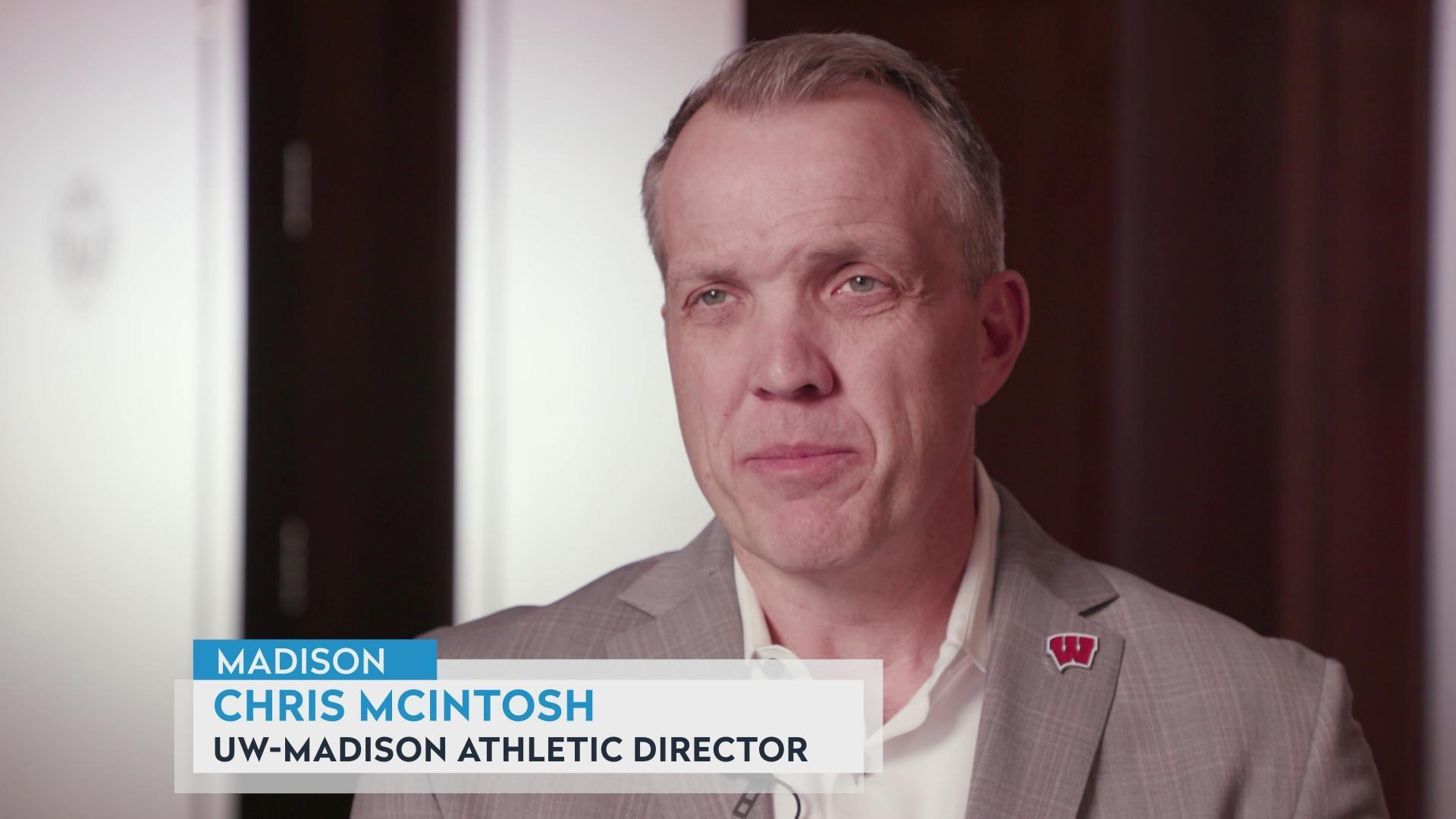
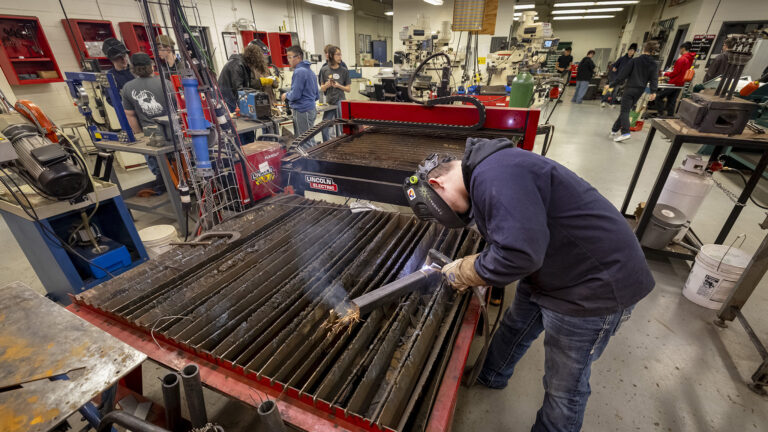
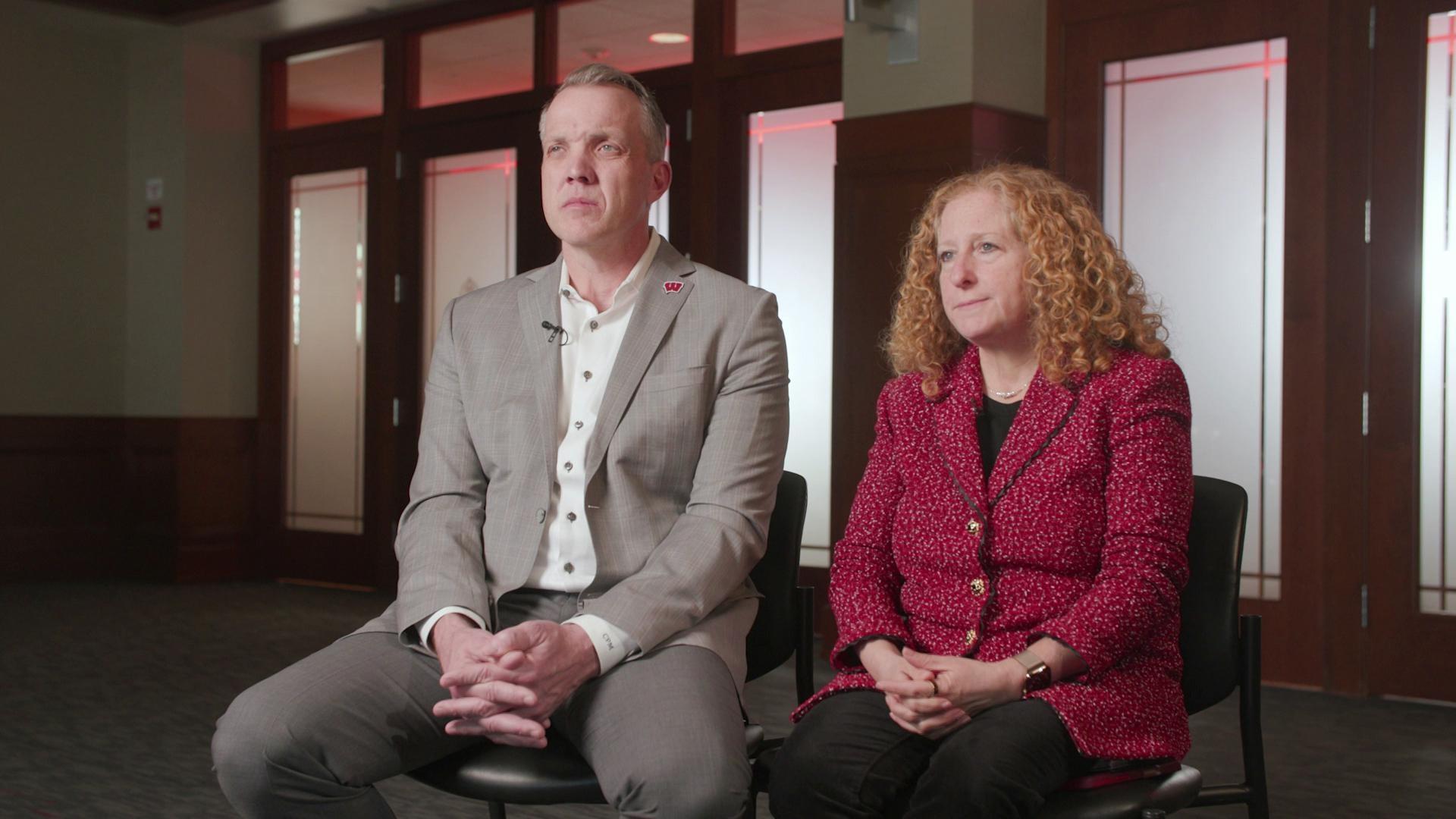
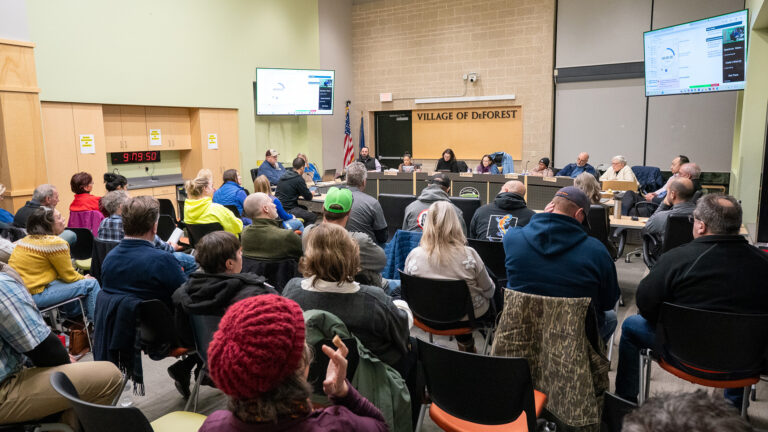
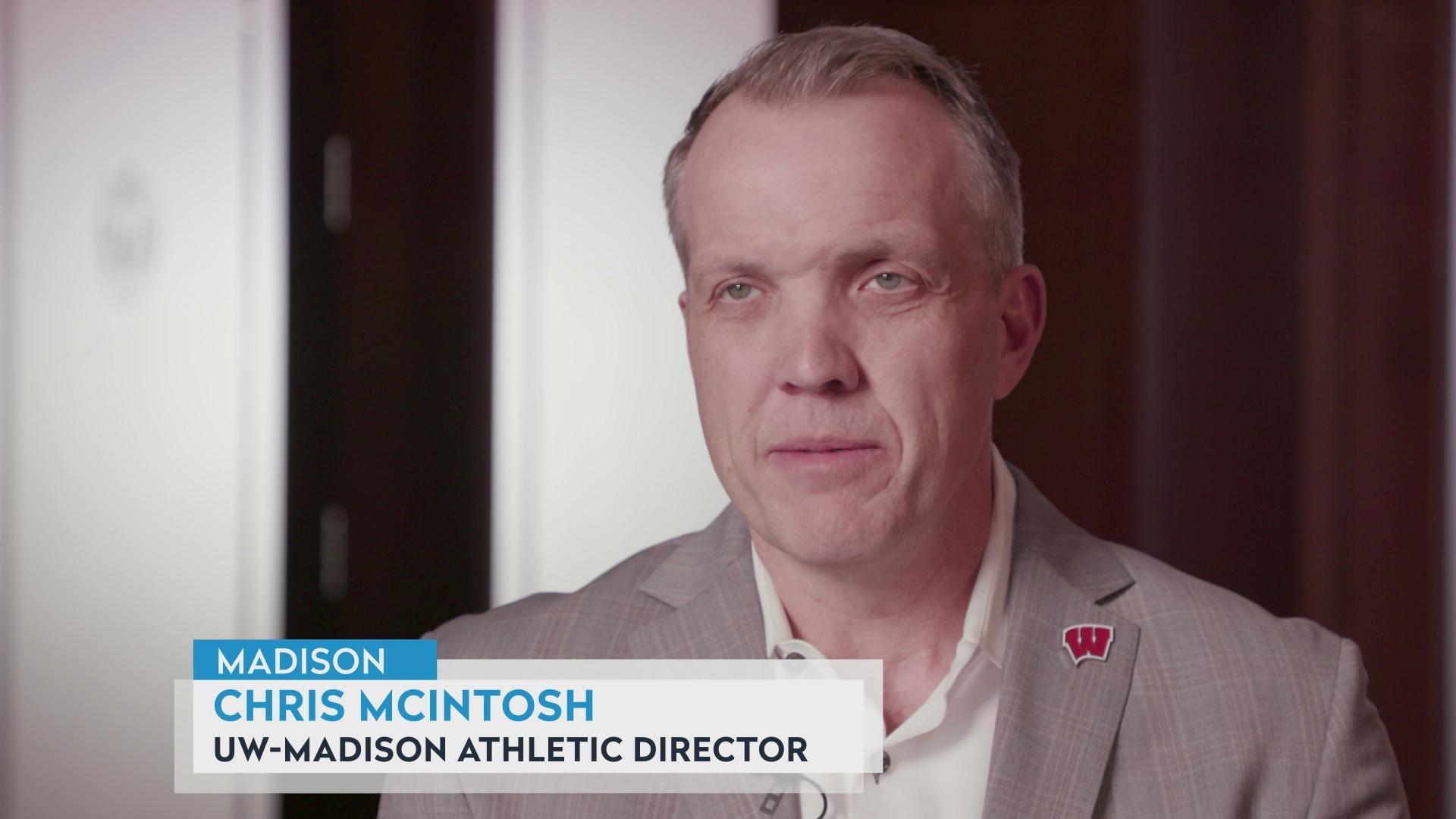
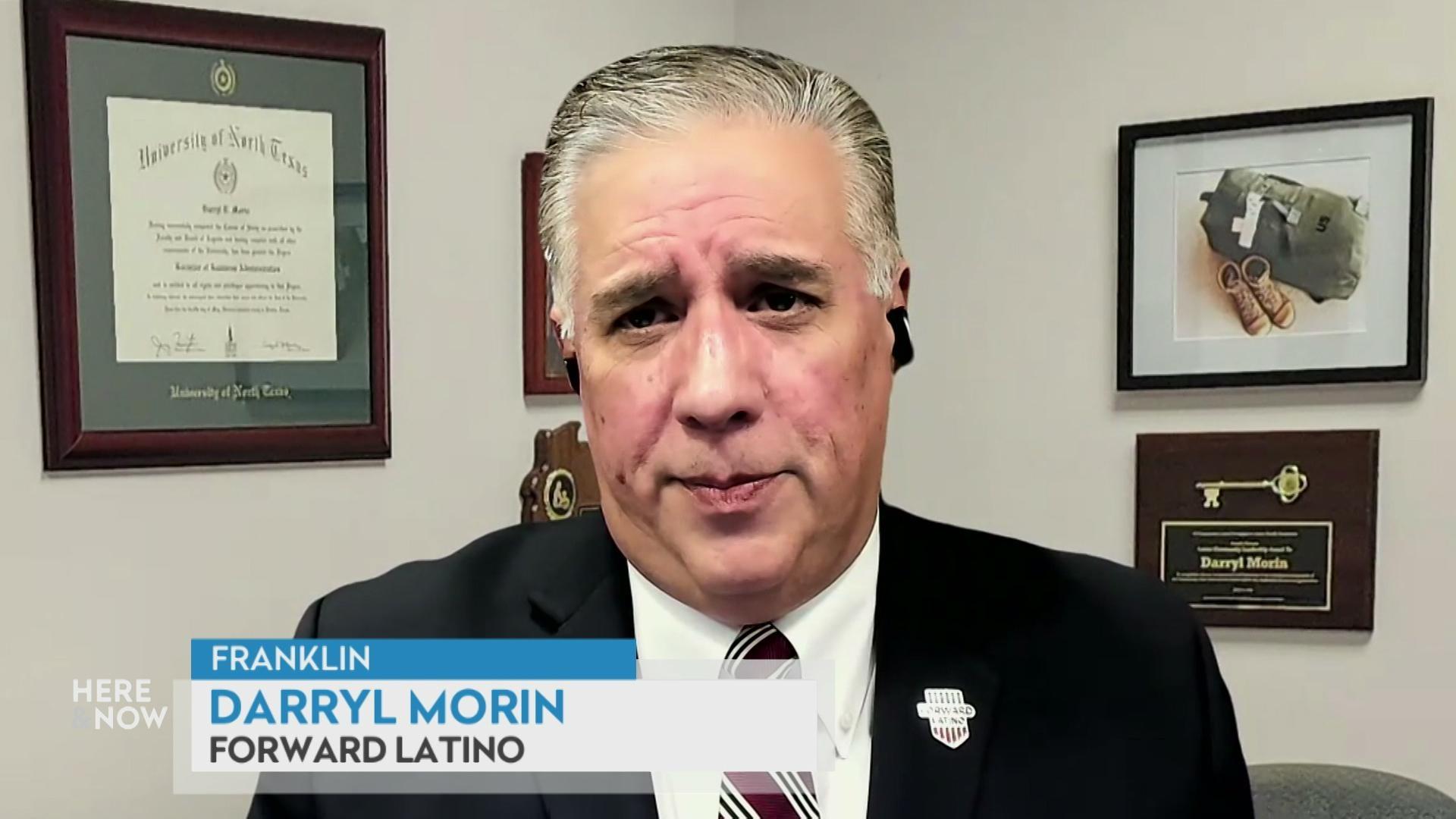

Follow Us